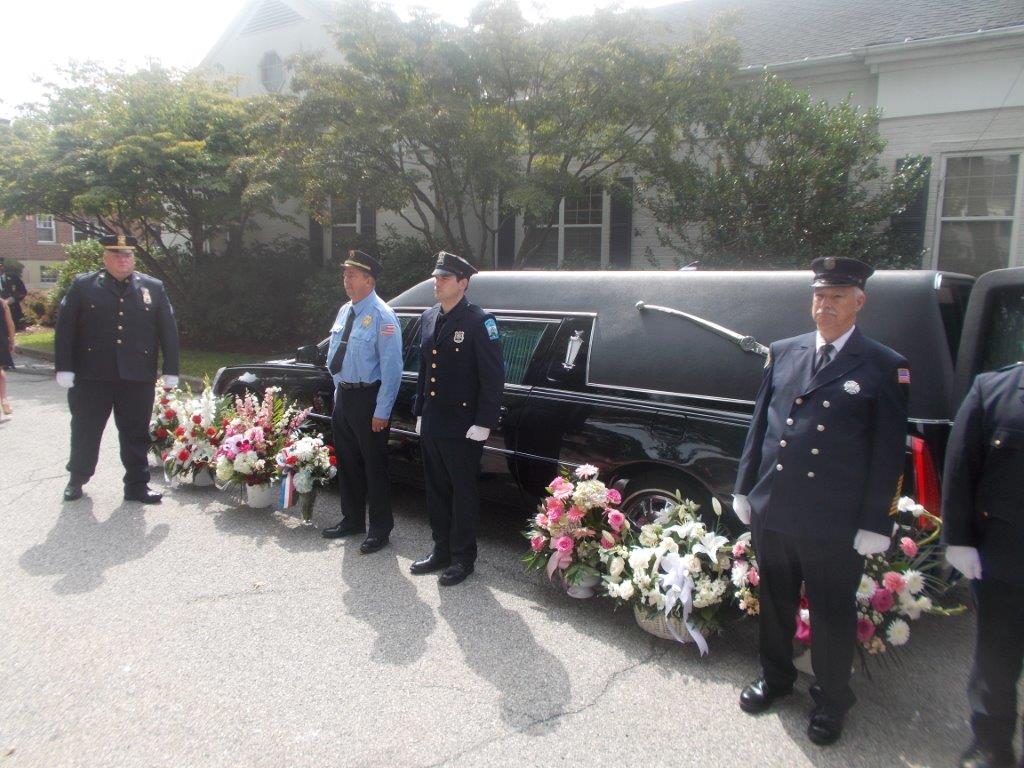Dozens of State, County, and Local Officials Gather to Talk Unfunded Mandates
A panel of more than 50 officials representing state, Putnam County and local governments, school districts and businesses leaders gathered and they had one common purpose – to seek elimination of unfunded state mandates.
The “Emergency Unfunded Mandate and Tax Relief Roundtable” was moderated by state Sen. Greg Ball (R-Patterson) and Mahopac Superintendent of Schools Thomas Manko on Sept. 7 at Mahopac High School. Ball has developed a Mandate Relief Advisory Council to address the issue.
Manko echoed the comments from several of the panelists who said when the state passed the property tax cap on school districts and municipalities it promised to provide relief from unfunded mandates, but that has not come about. At the meeting, a document was passed out from Manko’s district with 89 unfunded and underfunded mandates that are harming its schools.
According to the school district, the state mandates cost them about $23 million a year, while the district receives only about $7 million in state aid. As a result of the financial pressures, the district has laid off 40 teachers and five administrators over the past five years, Manko said.
Mahopac Board of Education President Raymond Cote said, “That’s an enormous amount of money to deal with.”
“There’s nothing left to cut,” without reducing programs for students, Manko said.
State Sen. John Flanagan (R-East Northport), chairman of the Senate Standing Committee on Education, said that top responsibility of state government is education. While the state Senate has voted to eliminate unfunded mandates, that effort has not gone forward in the Assembly and Gov. Andrew Cuomo must push the Assembly to follow the Senate’s lead, Flanagan said.
State mandates are also harming local governments, according to many of the panelists, Putnam County Executive Mary Ellen Odell said. One large burden on the counties is a mandated contribution to Medicaid, Odell said, noting New York is only one of two states that require counties to pay a portion of Medicaid. This year, Putnam County is required to pay $9.8 million for Medicaid, Odell noted.
Putnam County Sheriff Donald Smith said state mandates put pressure on his department’s finances. “Seventy-five percent of my budget is already spent” each year due to mandates, Smith said.
Unfunded mandates are only one part of the problem facing school districts and local governments, Smith said. “We need to fix the real problem,” he said. “Let’s keep more money at the local level” rather than sending it to Albany and Washington DC.
Mount Pleasant Board of Education trustee Vincent D’Ambroso said his and other school districts in the state are being harmed by unfunded mandates and the property tax cap. D’Ambroso said a majority of school district residents should have the right to approve a budget that is above the cap, which will be 1.66 percent, rather than the current requirement of a supermajority.
In response to D’Amboroso’s comments, Ball strongly defended the tax cap. “We need a strong cap,” Ball said. It is up to school districts to “make very tough decisions” to hold down spending, Ball said.
Croton Harmon Superintendent of Schools Dr. Edward R. Fuhrman said it is difficult for school districts to keep within the tax cap due to the sharply rising costs of employee pensions and health insurance. He also said the costs of state mandates are well outweighed by the inadequate state aid provided to his district.
Flanagan replied that a way school districts could reduce some of the pension costs would be to hold the line on salaries, which are tied into the pension an employee will ultimately receive.
Fuhrman replied that there have been small pay increases for his district’s employees over the past few years, but those savings are not enough to make up for the rising pension and health care costs.

